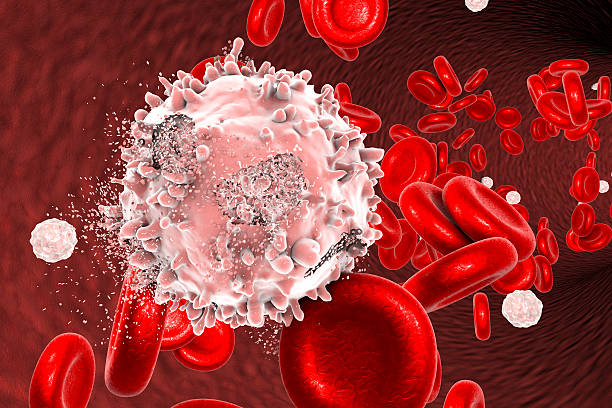

Cancer treatment is a complex and multi-faceted process that involves a range of medical interventions designed to prevent, diagnose, and treat cancer. Treatment plans are personalized for each patient based on the type and stage of cancer, the patient's overall health, and other individual factors.
Cancer treatment can involve a combination of therapies, such as surgery, radiation therapy, chemotherapy, immunotherapy, targeted therapy, hormone therapy, and stem cell transplant. In some cases, a single treatment may be effective, while in other cases, a combination of therapies may be necessary to achieve the best possible outcome.
Surgery is often used to remove cancerous tumors from the body. This can be done using various techniques, including open surgery and minimally invasive procedures, such as laparoscopy and robotic surgery.
Radiation therapy uses high-energy radiation to kill cancer cells or prevent them from multiplying. It can be delivered from outside the body (external beam radiation therapy) or from within the body (internal radiation therapy). The goal of radiation therapy is to target cancer cells while minimizing damage to healthy tissues.
Chemotherapy uses drugs to kill cancer cells or prevent them from multiplying. It can be given orally or intravenously, and it may be administered alone or in combination with other treatments.
Immunotherapy is a relatively new type of cancer treatment that involves using drugs or other substances to help the body's immune system fight cancer. This can include monoclonal antibodies, cancer vaccines, and immune checkpoint inhibitors.
Targeted therapy uses drugs or other substances to target specific proteins or other molecules that are involved in the growth and spread of cancer cells.
Hormone therapy is used to treat certain types of cancer that are fueled by hormones, such as breast and prostate cancer. It works by blocking the production or activity of hormones that can promote cancer growth.
Stem cell transplant, also known as bone marrow transplant, involves replacing diseased bone marrow with healthy bone marrow to help the body produce healthy blood cells.
Cancer treatment can be challenging and can cause side effects. However, with the right treatment plan and support from a team of healthcare professionals, many people with cancer are able to achieve successful outcomes and live long, healthy lives.